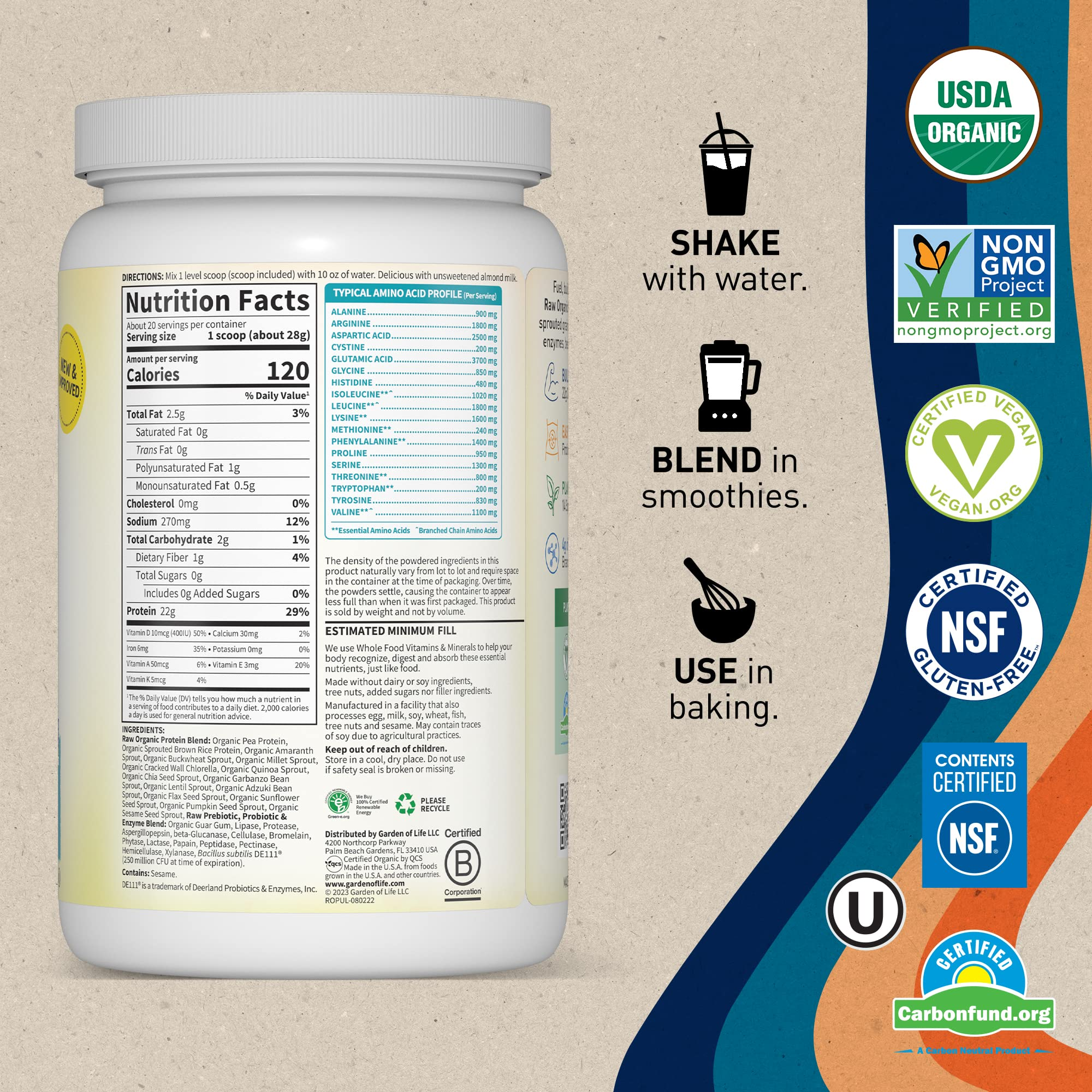According to the U.S department of Health & Services, the recommended daily protein intake for ages 19 years and above is 56 grams for women and 46 grams for men.
Protein is one of the essential nutrient your body needs to perform optimally. It shapes your tissues and organs, repairs worn out tissues, and helps to build muscles especially for athletes.
When you’re finding it hard to meet up with the daily requirements your body needs, that’s when you need protein supplements that’ll help you meet up with the standard nutrient required by your body daily.
Protein supplements are especially needed by those who wants to supplement their protein intake, build muscles, lose weight, healing from wounds or surgery, and exercise a lot.
While selecting high quality protein supplements might be a concern for you, we’ve helped you curate the best options that’ll be of benefit to you.
In this article, we’ll dive deep into the intricacies of selecting high-quality protein supplements, ensuring your safety while maximizing the effectiveness of your nutrition.
Let’s dive right in!

Article Contents
Understanding The Protein Basics Of Protein Supplements;
Before embarking on your quest for the perfect supplement best protein powder, it’s crucial to grasp the fundamentals best protein powder. Protein powders comes in various form:
What is Whey Protein Powders
Whey protein powders are a quick way to get more protein. They help your muscles and your immune system. There are two types: one with lots of protein (isolates) and one with a bit less (concentrates). They use fancy methods to make sure it’s good quality. Even if you can’t handle lactose, there’s an option for you called whey protein isolate. So, whether you’re into fitness or just want to stay healthy, whey protein powders are an easy way to get more protein. Give them a try!
Types Of Whey Protein
Whey protein comes in several forms, including whey protein concentrate (WPC), whey protein isolate (WPI), and whey protein hydrolysate (WPH).
Distinct Characteristics Of Each:
- Whey Protein Concentrate (WPC): Contains varying levels of protein (typically around 70-80%), along with some fats and carbohydrates. It retains more of the beneficial compounds found in whole whey, like immunoglobulins and lactoferrin. It’s a cost-effective option.
- Whey Protein Isolate (WPI): Has a higher protein content (usually 90% or more) with minimal fats and carbohydrates. It’s a good choice for those seeking a purer protein source, especially if they are lactose intolerant, as it has very low lactose levels.
- Whey Protein Hydrolysate (WPH): Predigested whey protein, making it easier to digest for individuals with lactose intolerance or those looking for rapid absorption. It’s often used in medical protein supplements and infant formulas.
- Native Whey: Extracted directly from milk, preserving a higher content of beneficial compounds like immunoglobulins and lactoferrin. It’s less common and considered a premium option.
These variations offer consumers choices based on their dietary preferences, nutritional needs, and fitness goals.
Whey Protein Concentrate (WPC): A Super Protein Supplement
Whey Protein Concentrate (WPC) is a fantastic protein supplement. It comes from milk and is packed with essential amino acids that are great for your body.
WPC is awesome because it gets absorbed quickly, helping your muscles recover faster. It’s also rich in important amino acids like leucine, isoleucine, and valine, which help your muscles grow and stay strong.
Another cool thing about WPC is that it’s easy to use. You can mix it into shakes, smoothies, or recipes to get more protein into your diet. Plus, if you’re sensitive to lactose, WPC is a good choice because it has less of it.
In simple terms, WPC is like a superhero for your muscles. It helps them recover, grow, and stay healthy. So, if you’re looking to boost your protein intake and support your fitness goals, WPC is the way to go!

Whey Protein Isolate Powder(WPI)
Whey Protein Isolate Powder (WPI) is a super-concentrated protein supplement favored by fitness enthusiasts. It’s incredibly pure, containing over 90% protein, making it perfect for building muscles.
What’s more, WPI is very low in fat and carbs, making it great for those watching their calories. It’s also easy to mix into drinks and recipes, so you can enjoy it in various ways.
WPI is a top choice among protein supplements because it’s pure, packs a protein punch, and is versatile in your daily diet. It’s a smart pick for anyone looking to boost their protein intake and support their fitness goals.

Whey Protein Hydrolysate (WPH): The Smart Choice for Boosting Protein Intake
When it comes to adding more protein to your diet, you might have heard of Whey Protein Hydrolysate (WPH). It’s a special kind of protein supplement that stands out for a few reasons.
First, WPH is easy for your body to digest because it’s broken down into smaller pieces. This means it can help your muscles recover faster after exercise.
Second, WPH is less likely to cause allergies because of the way it’s made. So, even if you’re sensitive to dairy, you might be able to enjoy it without any problems.
Lastly, WPH is packed with amino acids, which are the building blocks your body needs for muscles. It has a lot of a special amino acid called leucine, which helps your muscles grow.
In simple terms, WPH is a great choice if you want a protein supplement that’s easy to digest, less likely to cause allergies, and can help your muscles get stronger. It’s a smart pick for anyone looking to boost their protein intake.

Native Whey Protein: The Game-Changer in Protein Supplements
When it comes to protein supplements, native whey protein is a standout option. What makes it special is how it’s made and its excellent nutritional value.
Native whey is crafted from fresh milk using a careful process that keeps its protein pure and removes impurities. This means it has more protein and is cleaner compared to other sources.
What’s really cool is that native whey is easy for your body to use. It helps your muscles recover and grow faster, thanks to its high levels of a special amino acid called leucine.
Besides building muscles, native whey is great for people who have trouble with lactose, as it has very little of it. Plus, it has a perfect mix of amino acids that can help with various health goals.
In the world of nutrition, native whey protein is a game-changer. It’s a fantastic choice for athletes, people into fitness, or anyone looking to stay healthy. It’s a big step forward in getting the best nutrition for your body.
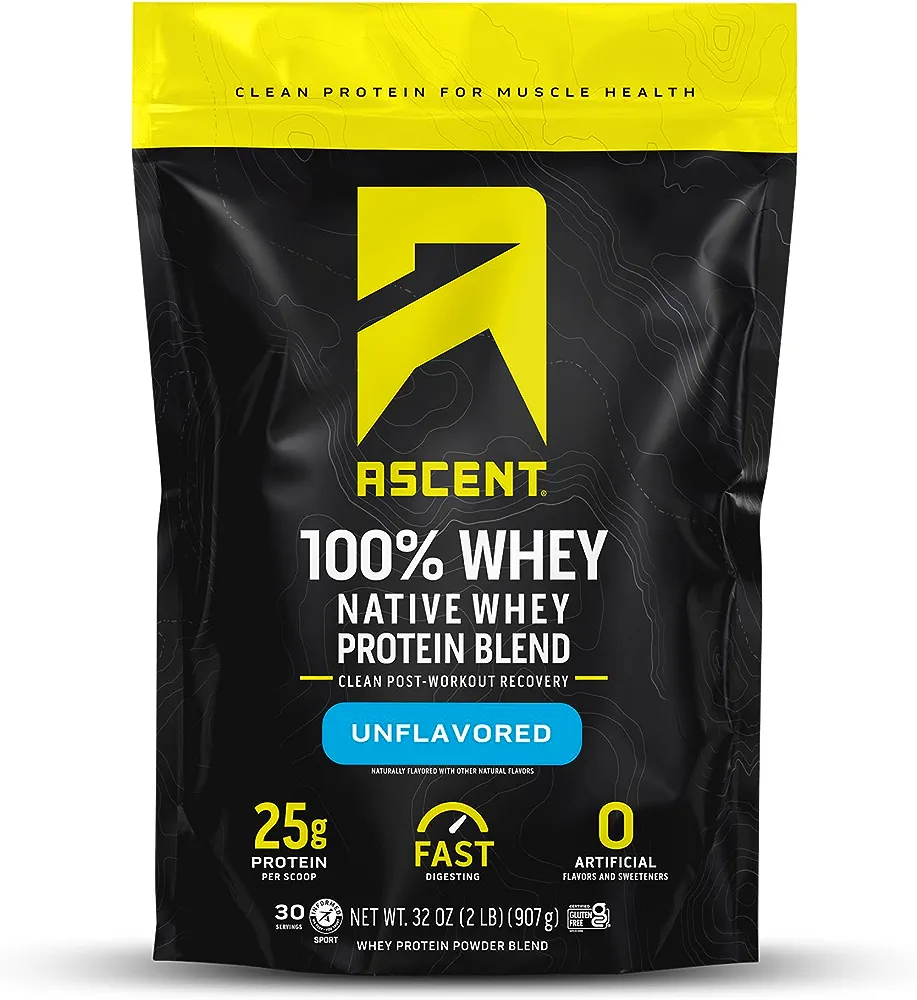
Grass-Fed Whey Protein
Grass-fed whey protein is a type of whey protein that is sourced from the milk of grass-fed cows that are primarily raised on a diet of grass or pasture rather than grain-based feed. This distinction in the cow’s diet is believed to result in a different nutritional profile compared to conventional whey protein. It is often touted for its potential nutritional advantages. It may contain higher levels of certain nutrients like omega-3 fatty acids and conjugated linoleic acid (CLA), which are associated with grass-fed diets.
Like other whey protein varieties, grass-fed whey protein is rich in protein, providing essential amino acid, including branched-chain amino acids (BCAAs). It is known for its ability to support muscle growth and repair.

Casein Protein
For those seeking a slow-digesting protein source, casein pea protein isolate also fits the bill. It’s a valuable choice before bedtime, providing a sustained release of amino acids during sleep.
Casein this protein source comes in various varieties, including micellar casein and calcium caseinate, each with its unique advantages. It can be a great option for individuals looking for a protein source that keeps them feeling full for longer periods.

Plant-Based Protein Powder: A Simple Solution for Better Health
If you’re new to the world of protein supplements, plant-based protein powder is a fantastic choice. It’s packed with the protein your body needs, and it’s easy to use.
This protein comes from plants like peas, hemp, and brown rice, making it a healthy and sustainable option. What’s great about it is that it’s easy to digest and rich in amino acids, which help your muscles grow and repair.
Plant-based protein powder is also good for your heart. It has no cholesterol and is low in unhealthy fats. Plus, it’s full of natural plant nutrients that are good for your overall health.
So, if you’re looking for a simple and beginner-friendly way to boost your protein intake and stay healthy, give plant-based protein powder a try. It’s a smart choice for a healthier you!
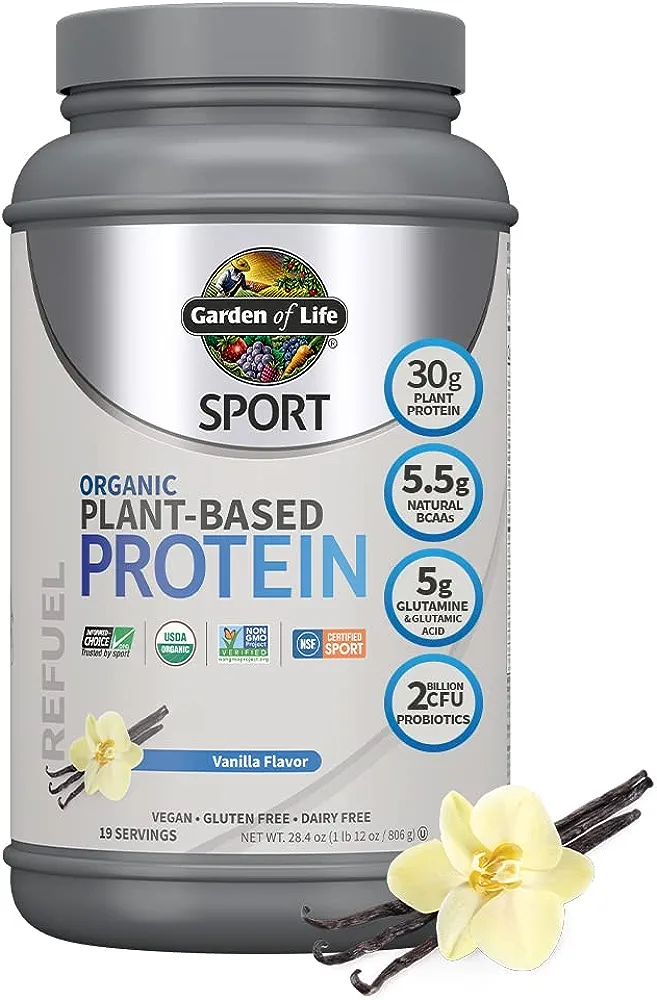
Collagen Protein Powder: A Powerful Protein Boost
Collagen protein powder is like a secret weapon for your health. It’s packed with amino acids that help your skin, joints, and muscles. This special protein powder is super easy for your body to use.
It can make your skin look better, keep your joints strong, and help your muscles recover after exercise. You can mix it into lots of different drinks and recipes, making it simple to use every day.
In a nutshell, collagen protein powder is a fantastic way to boost your health. It’s a super protein supplement that can make you look and feel better. Give it a try and see the difference!

Animal-Based Protein Powders
When you’re looking to boost your protein intake, animal-based protein powders are a fantastic choice. They come from sources like whey, collagen, and bone broth, and they’re packed with essential amino acids that your body needs. These amino acids help your muscles grow and recover after exercise.
One great thing about animal-based protein powders is that your body can easily absorb and use the protein. They also bring along some extra nutrients, like calcium from whey, which is good for your bones.
In a nutshell, if you’re into fitness or just want to make sure you’re getting enough protein, animal-based protein powders are a simple and effective way to do it. They’re a smart choice for anyone looking to stay healthy and strong.
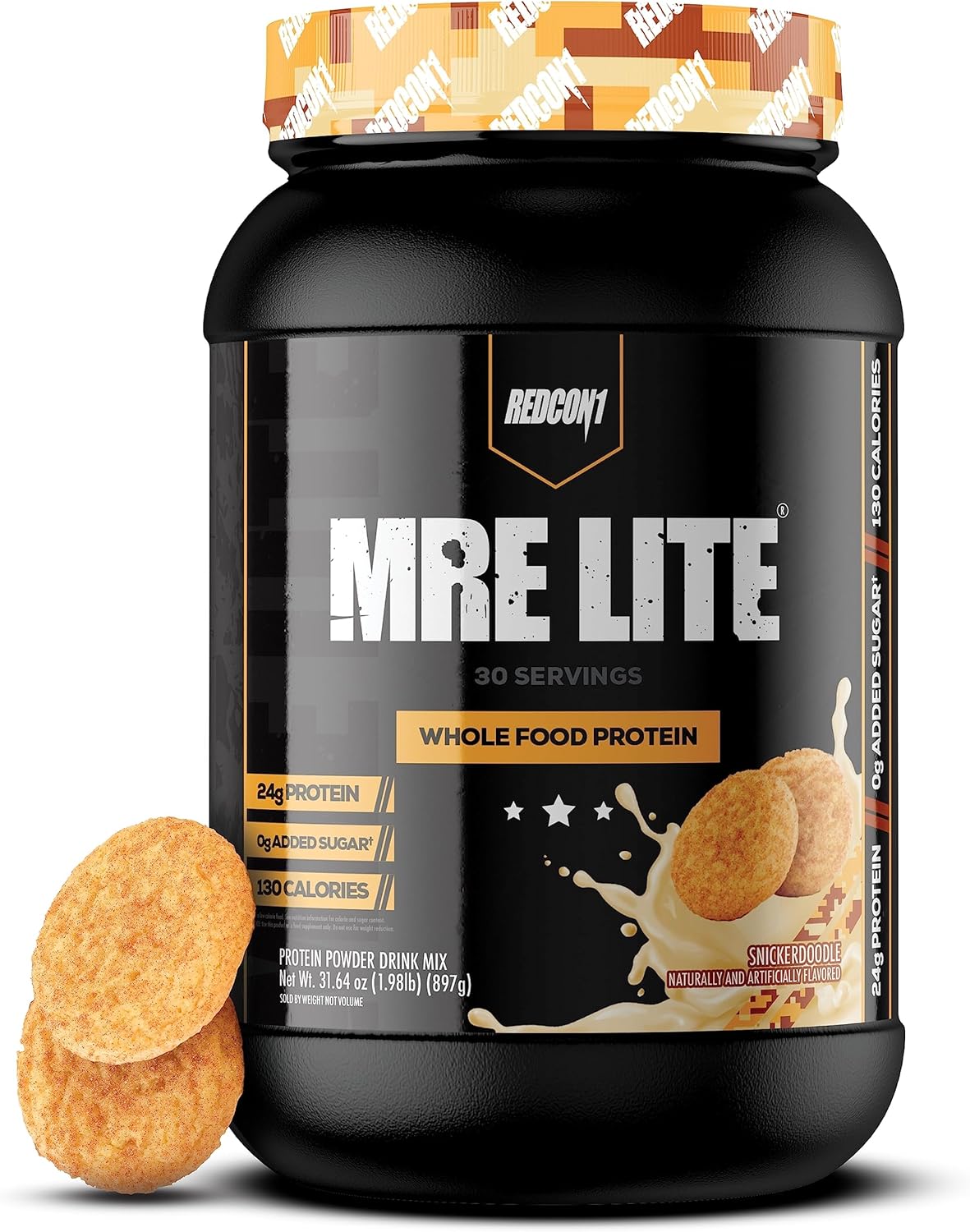
Health Benefits of Protein Supplementation
Protein and protein powders, can offer several health benefits when used in the right proportion. Some of the benefits include:
Muscle Growth And Repair
You do know that protein is essential for muscle building and repair. Supplementing with protein can help you meet your daily protein requirements, aiding muscle recovery and growth.
Convenient Nutrient Source
Protein powders can be a convenient way to boost your protein intake, especially if you have a busy lifestyle or dietary restrictions that limit protein-rich food choices.
Nutrient Density
Many protein powders are fortified with essential vitamins and minerals, contributing to overall nutrient intake and supporting overall health. Protein powders often contain essential amino acids, crucial for overall health.
Post-Exercise Recovery
Consuming protein powders after intense exercise can help replenish muscle glycogen stores and promote faster recovery, reducing muscle soreness and fatigue.
Elderly Health
Protein powders are beneficial to the elderly to prevent muscle loss and maintain physical function, as ageing often leads to decreased muscle mass and strength.
Medical Conditions
Protein powder may be prescribed for individuals with certain medical conditions like malnutrition, cancer, or surgical recovery to support healing and tissue repair.
List of Best Protein Powders
Garden of Life Raw Organic Protein

Garden of Life-organic vegan unflavored protein powder is a plant based vegan protein powder made from sprouted legumes and ancient grains.
Key features
- Gluten-free, dairy-free, and soy-free.
- Proper for a vegan or vegetarian diet
- No added sugar
- 22 grams of protein per serving
- About 20 servings per container.
- Unflavored
- Non-GMO project verified
Naked Shake Protein powder
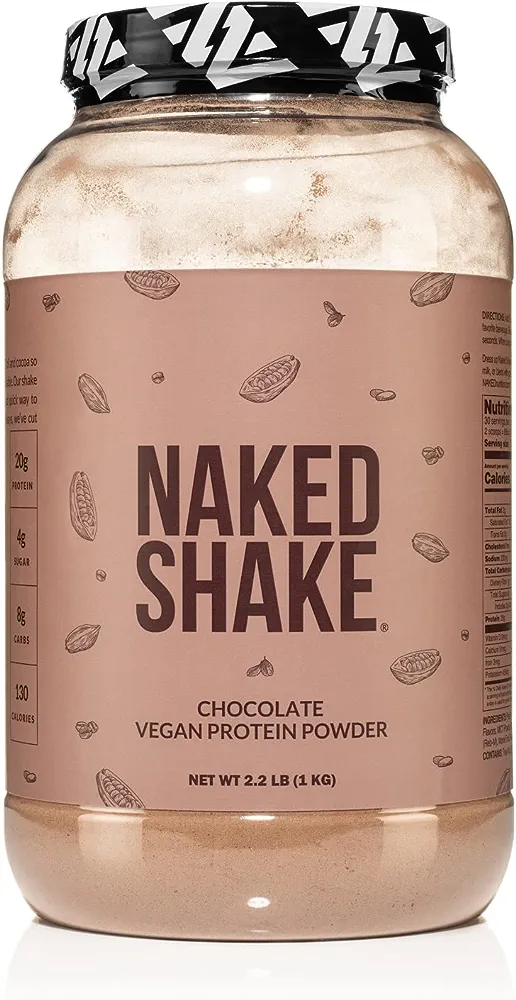
Naked shake is a plant based protein shake or powder perfect for those with busy lifestyles who need a quick way to supplement protein.
Key features
- 20 grams of protein per serving
- 150 calories per serving
- Free from additive
- 4 grams of Sugar
- Soy and gluten free
- Chocolate flavor
Organic Pea Protein Powder
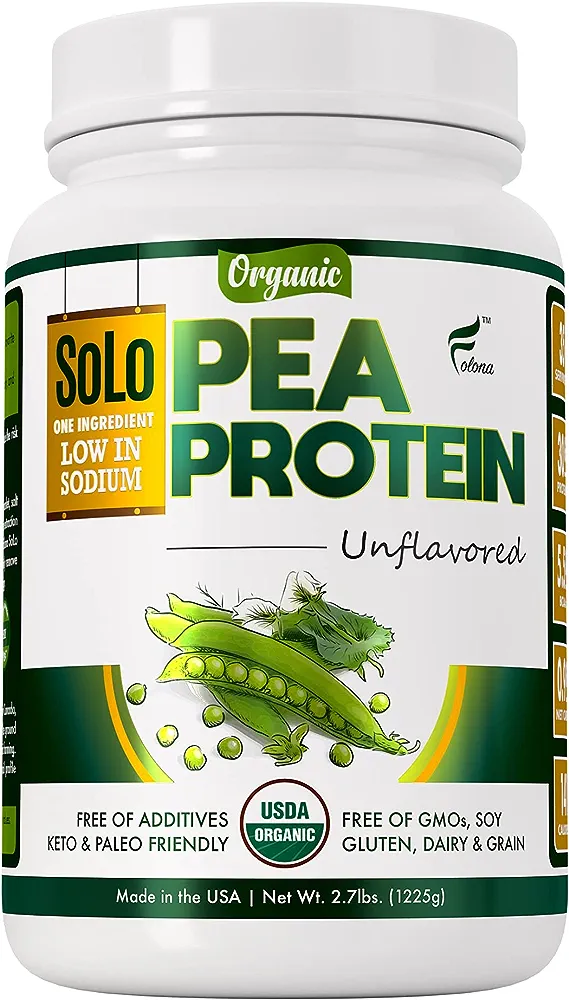
Organic Pea Protein Powder is made from organic yellow peas. The peas are milled by mechanical force and the proteins are extracted by water-based solvent. It aids muscle growth.
Key features
- Third-party tested
- Non-GMO guaranteed
- 5.5-gram BCAAS, rich in iron and a good source of calcium
- 35 servings per container
- 30-grams of protein per serving
Optimum Nutrition Naturally flavored Whey Protein powder
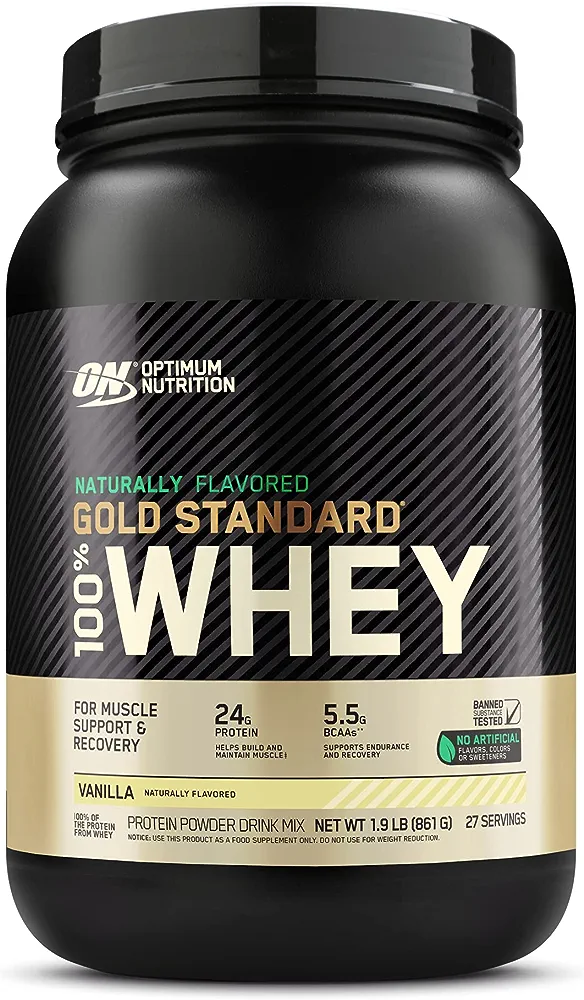
Optimum nutrition naturally flavored Whey protein powder contains no artificial flavors of sweeteners. It helps you unlock your potential and get more from your workout.
It’s recommended for use first thing in the morning, before and after exercise.
Key features
- Vanilla flavor
- 24 grams of whey protein per serving
- 130 calories per serving
- Over 4g of Glutamine and Glutamic acid per serving
Naturebell Multicollagen Protein Powder
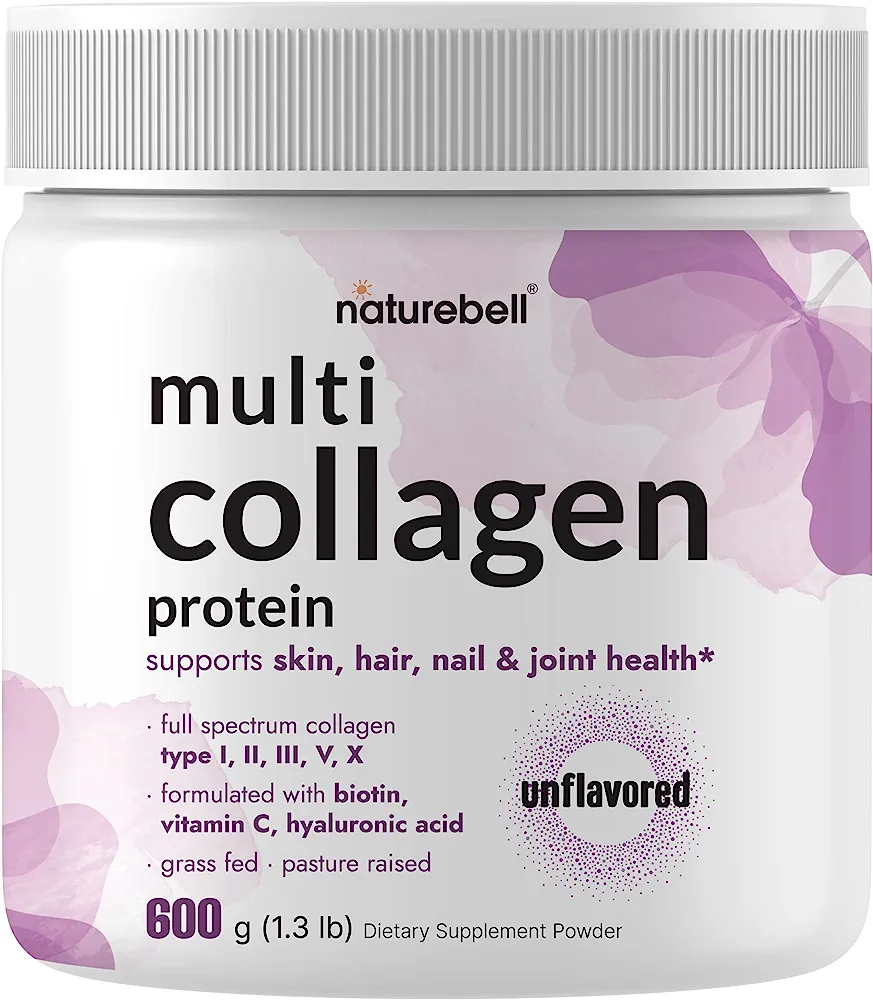
Nature bell multi collagen protein powder is a dietary supplement that contains a combination of different types of collagen which is a protein that is naturally found in the body.
Key features
- Full spectrum collagen type I, II, III, V & X
- Unflavored keto and Paleo friendly
- Grass fed and pasture raised
- 4 servings per container
- 10g protein per serving
- Vital for hair, skin, joints and nail
Jocko Molk Protein Powder
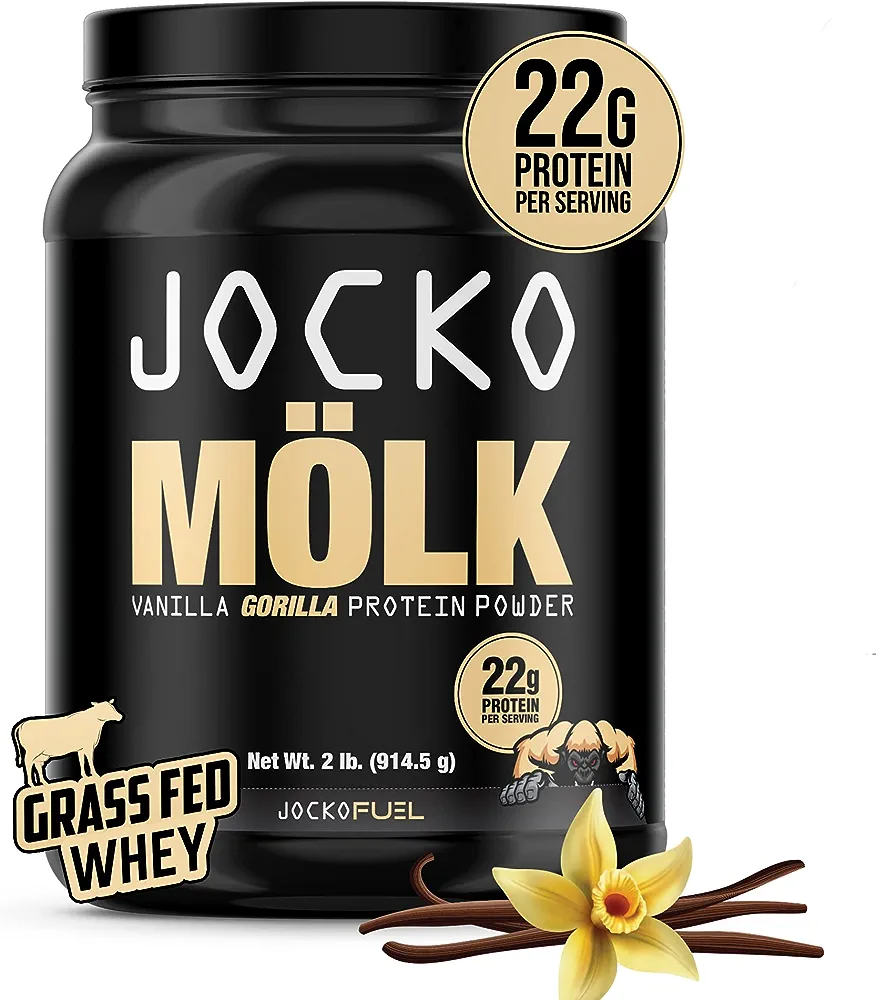
Jocko Molko protein powder contains a complex of digestive enzymes and probiotics to help keep your guts in check. It helps fuel muscle growth and recovery all day long.
Key features
- Sugar-free Mint Chocolate flavor
- 22 grams of protein per serving
- Soy and grain-free
- Protein source includes casein, egg, and whey
- No artificial flavors
Xwerks Grow protein powder
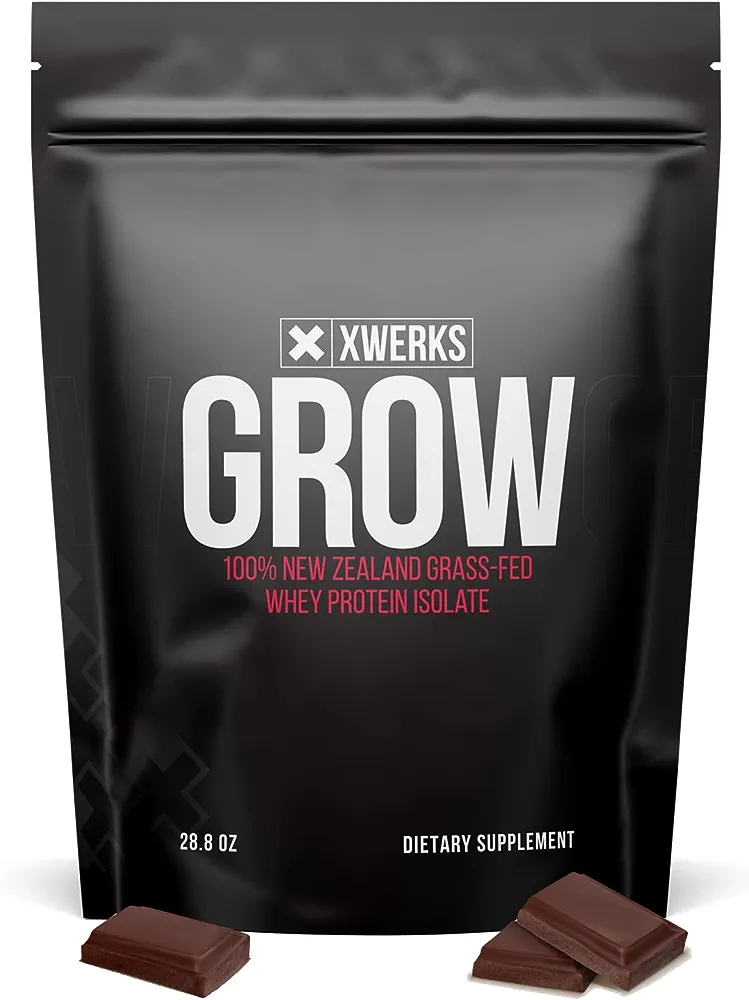
Xwerks Grow: Whey Protein Isolate Powder is well known for its ability to help build healthy muscles and repair tissues.
Key Features
- Contains 20 grams of protein per serving
- Naturally sweetened
- Soy & Gluten-free
- Four tasty flavors – vanilla, chocolate, strawberry & peanut butter
- Provides 30 servings per container
Bulk Supplements Whey Protein Isolate Powder
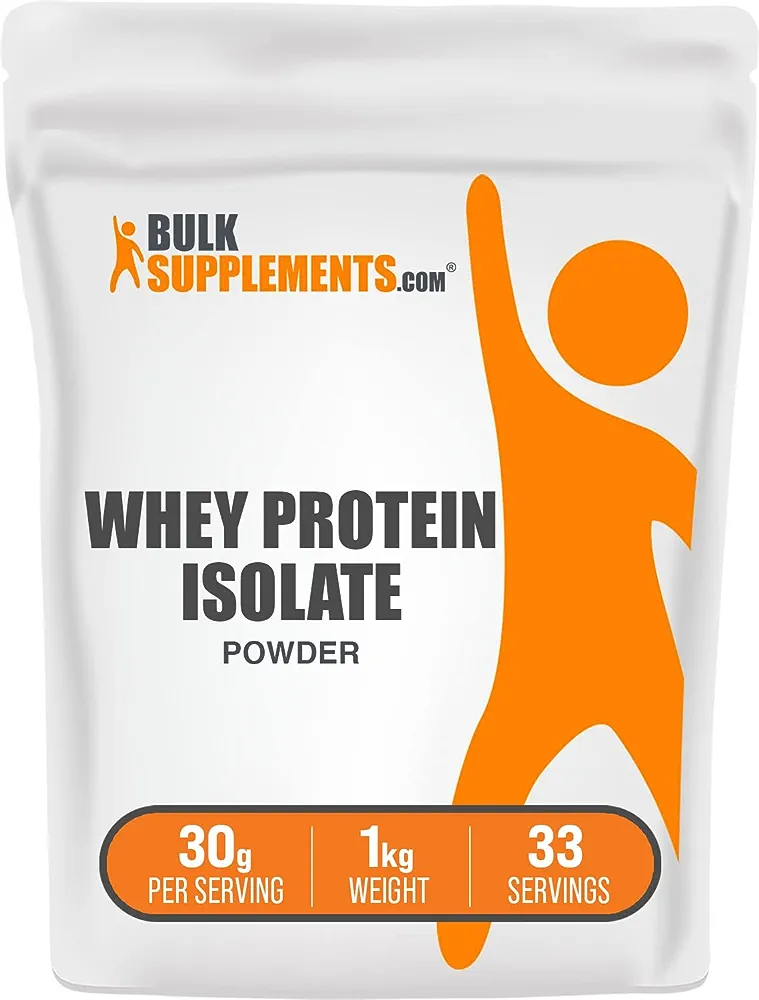
Whey protein isolate best whey protein powder mixed together is a perfect supplement for increasing muscle mass and supporting muscle recovery. It’s a great choice for every fitness enthusiast and athlete.
Key features
- No artificial flavors. It’s soy and gluten-free
- 30 grams of protein per serving
- Clean protein powder for shakes
- 33 servings per container
Ascent plant protein powder
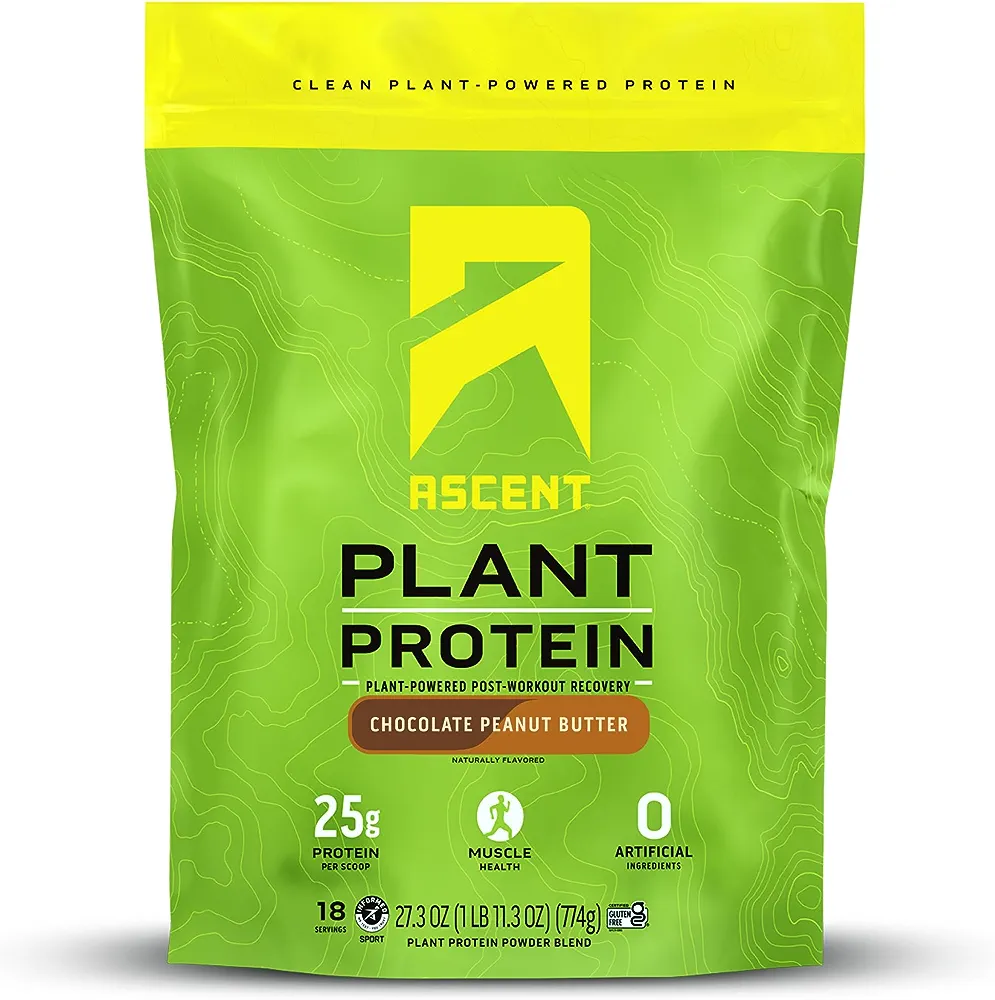
Ascent plant protein powder is a complete plant-based blend of pea protein, sunflower seed and pumpkin seed proteins for a smooth and nutritious recovery and protein shake!.
It helps you improve your muscle health and recover after every intense workout.
Key Features
- Chocolate peanut butter flavor
- Zero added sugar
- 18 servings per container
- 25 grams of protein per serving
- Third party tested
- Vegan friendly
- Gluten and dairy free
Some other examples of whey protein powders include
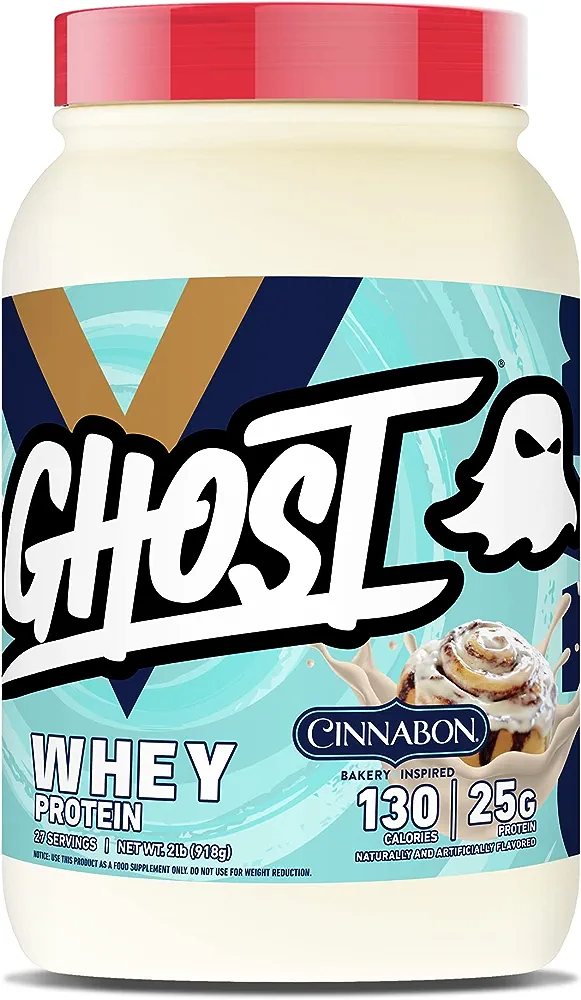

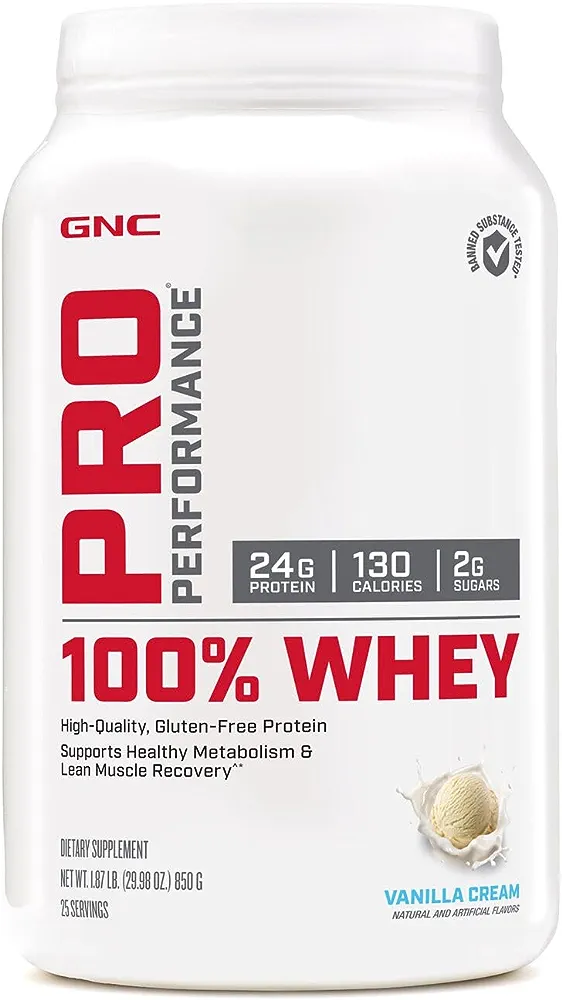
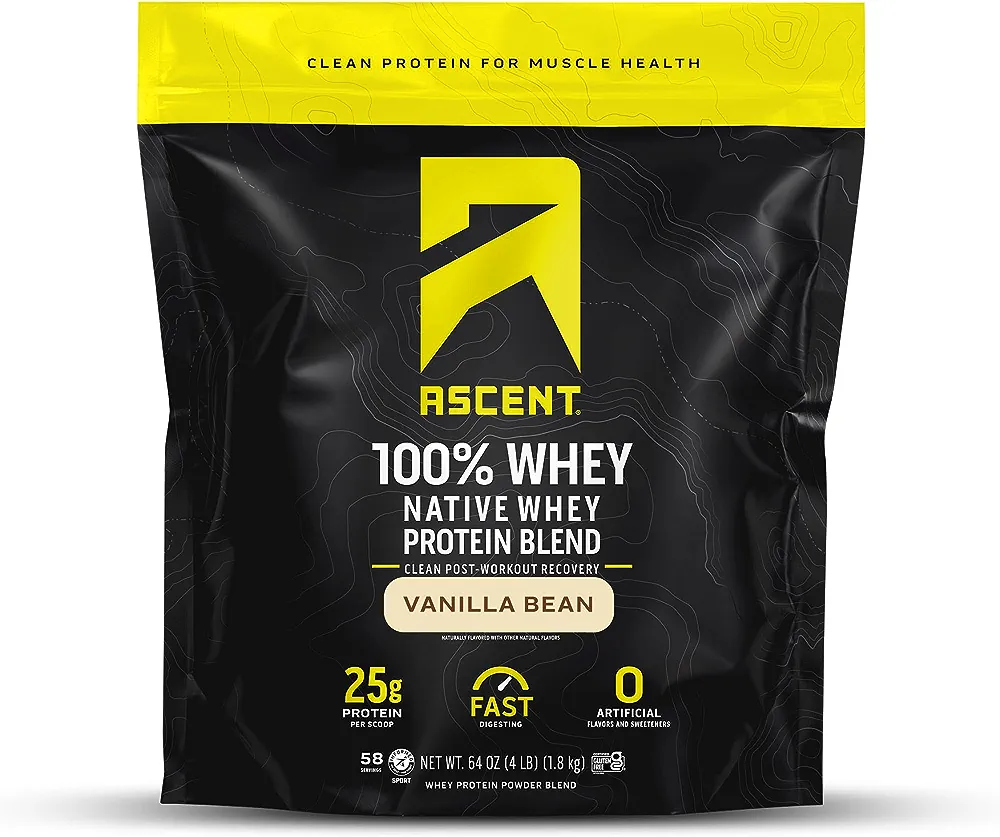
Vegan protein powder
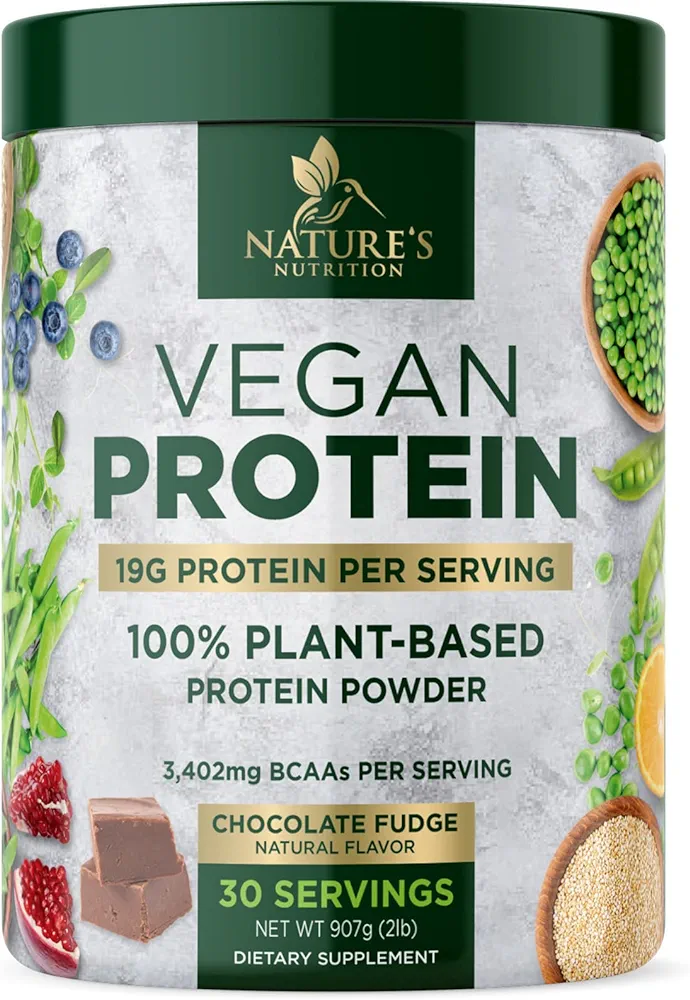
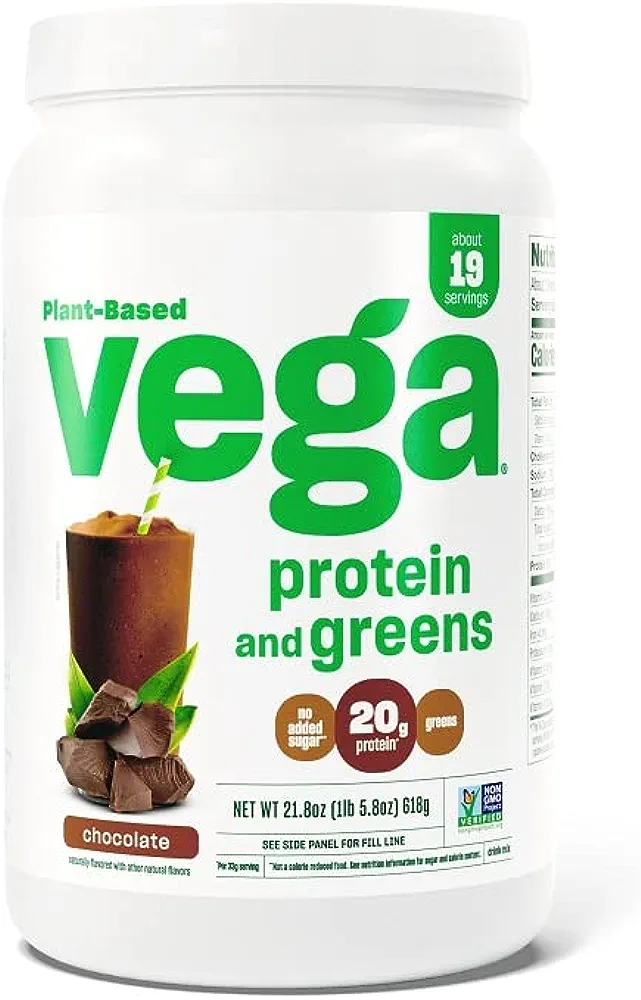
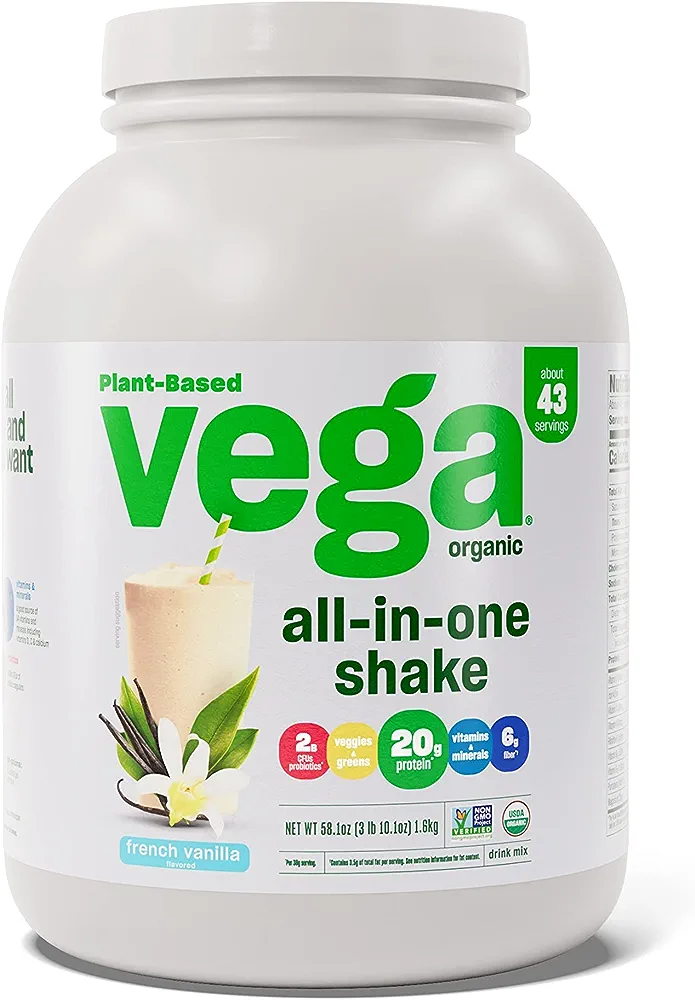
Other protein powders that are beneficial to health
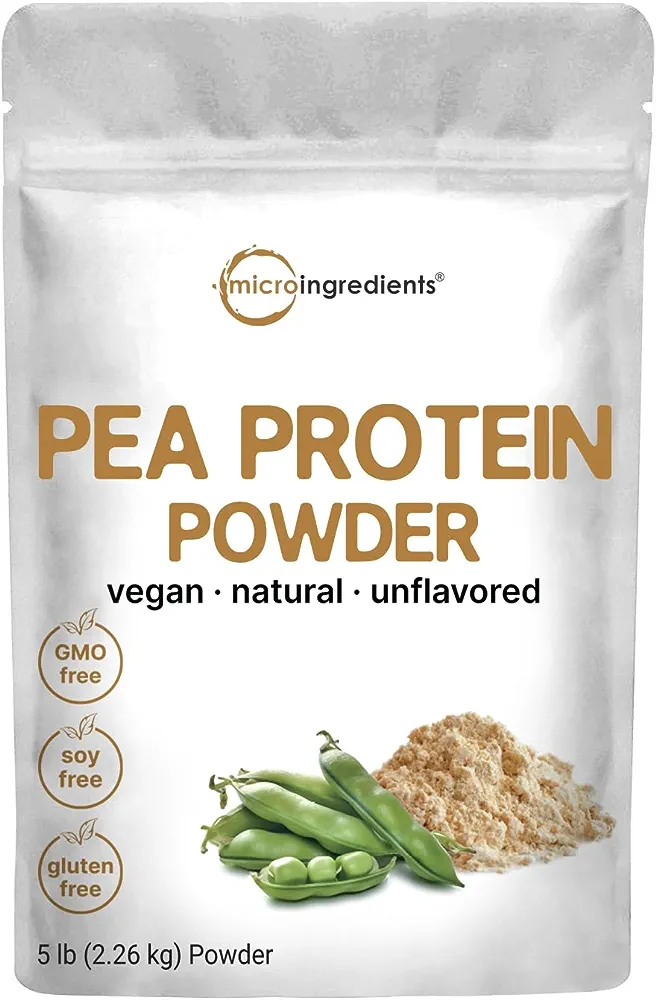
Pea protein powder is a versatile vegan friendly complete protein rich supplement. It is easily digested.
Key features
- Soy and gluten free
- Dairy free
- Third party tested
- 27 grams of protein per serving
- Vegan friendly
- 120 calories
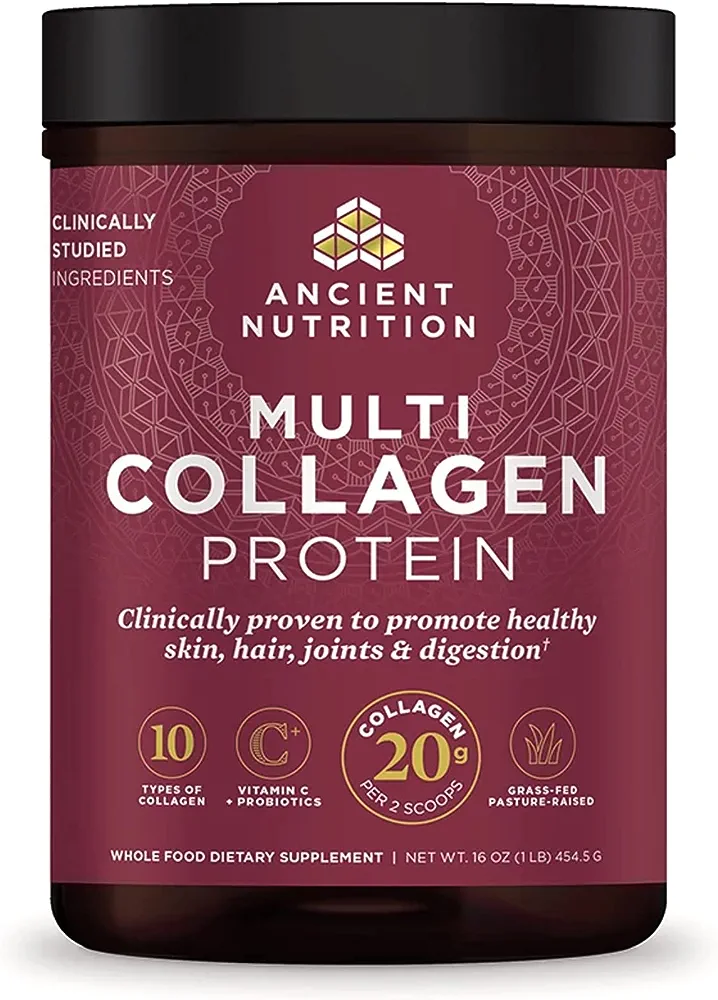
Ancient Nutrition Multicollagen Protein Powder contains ten types of collagen obtained from food sources – beef, chicken, fish, and fermented egg shell. It supports healthy hair, skin, nails, joints and gut.
Key Features
- Non GMO verified
- 35 calories per serving
- 9 grams of protein per serving
- Free from dairy, gluten and soy
- Pasture-raised and grass-fed sources
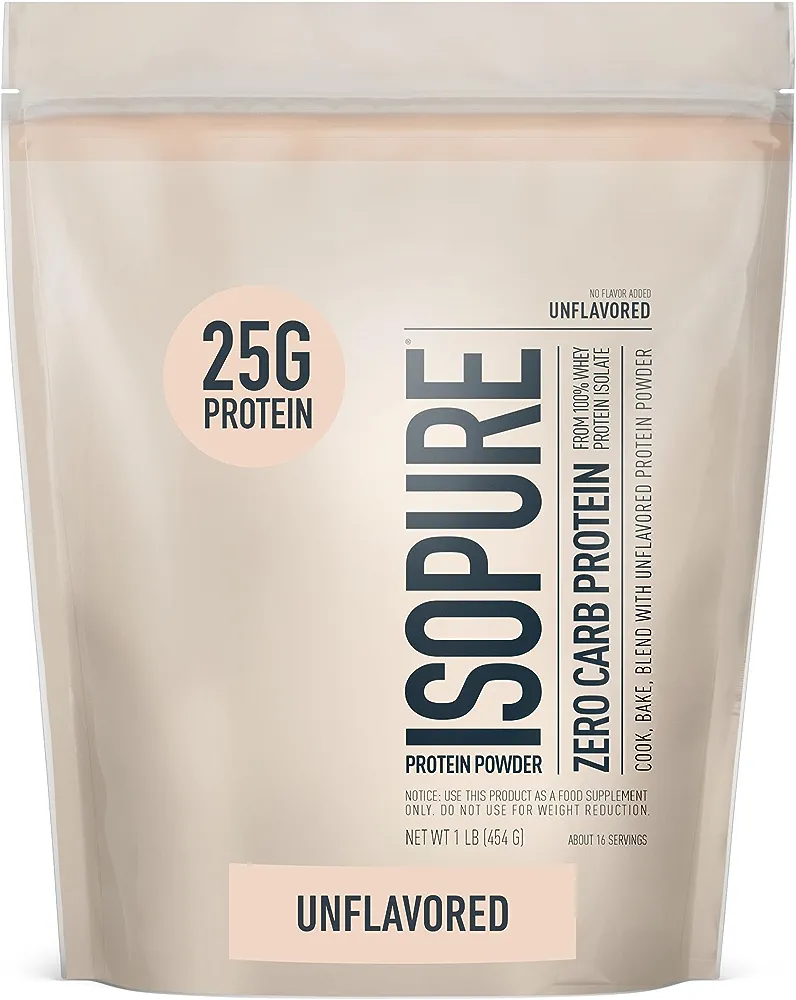
Isopure unflavored protein powder contains Vitamin C and zinc. It’s a protein powder that can be used after workout, between meals, along with a healthy breakfast to support your active lifestyle.
Key features
- 100% whey protein isolate
- Keto friendly
- Gluten and lactose free
- 100 calories per serving
- 25 grams of protein per serving
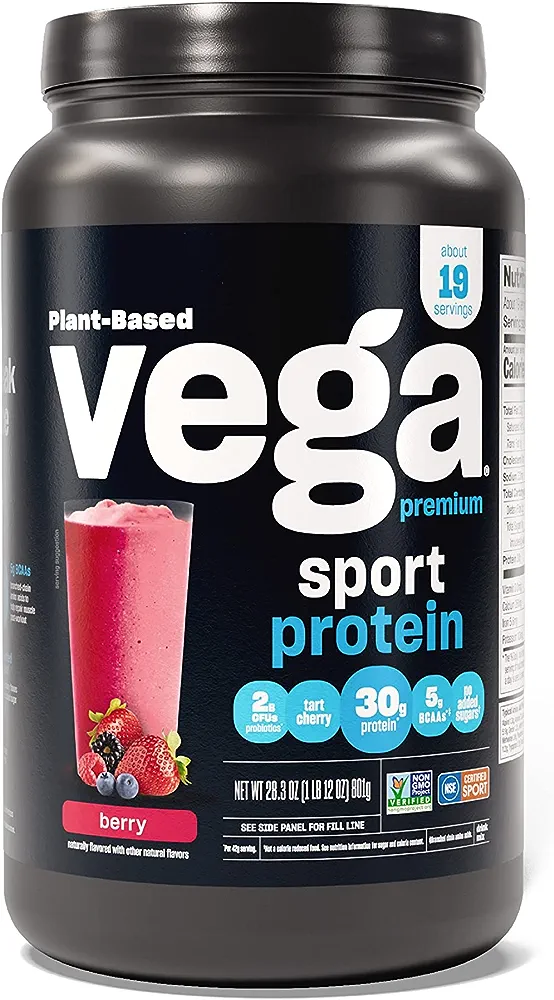
Plant based Vega sport protein powder is a supplement made for athletes to support recovery after workout.
Key features
- Non-GMO verified
- Vegan and gluten free
- No artificial flavors
- 30 grams of protein per serving
- 120 calories
- 5g BCAA

Foods Alive ground chia protein powder is a pure protein powder derived from chia seeds and is high in protein source dietary fiber.
Key features
- 50 calories per serving
- Gluten free
- 8 grams of fiber
- 5 grams of protein per serving
- Non GMO verified
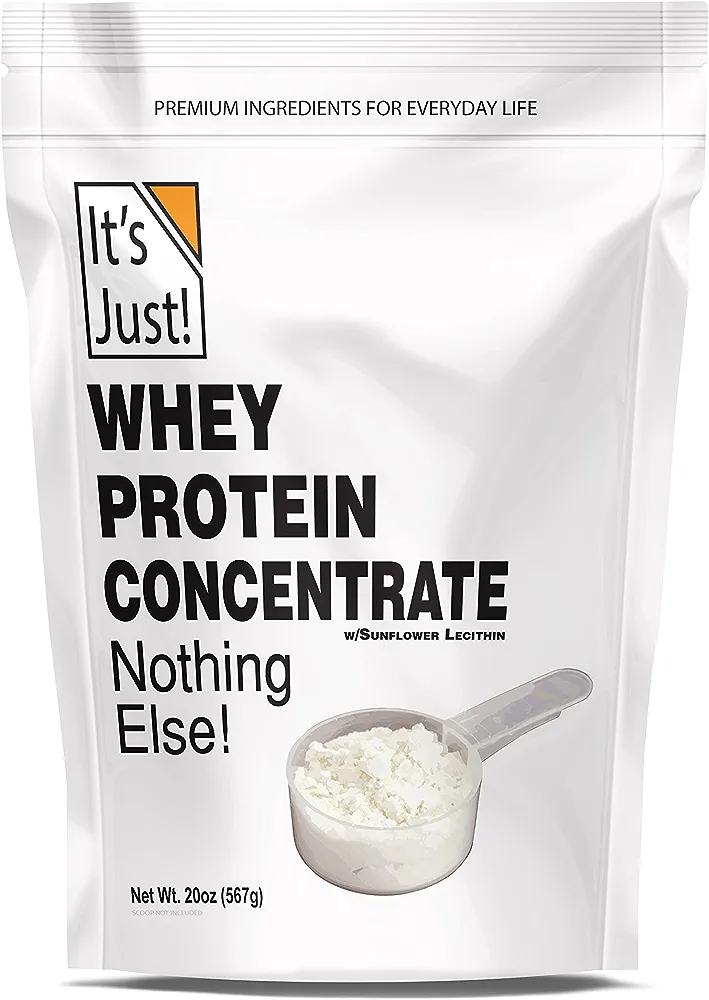
It’s Just! whey protein concentrate, is an unflavored protein powder with natural whey taste.
Key features
- Low carb
- 26 grams of dairy based protein per serving
- Keto friendly
- 69 grams BCAA’s
- 130 calories per serving
Criteria for selecting High-Quality Protein Supplements
When shopping for high-quality protein powders, it’s crucial to follow specific criteria to ensure you’re making the right choice. Here are key factors to consider:
Third-Party Testing
To guarantee the purity and authenticity of your chosen protein powder, look for products that undergo third-party testing. This process verifies the accuracy of ingredient claims and screens for contaminants. This testing is especially important to avoid banned substances or any harmful additives.
Ingredient Transparency
Reading Labels and Identifying Additives Before making a purchase, carefully read the product label to identify the protein source, such as a whey protein isolate, plant-based protein, or casein protein.
Pay attention to the list of ingredients to spot any artificial flavors, artificial sweeteners), or other additives that may not align with your dietary preferences.
Organic protein powders can be a good choice if you want to avoid artificial additives and prioritize natural ingredients.
Shop for High-Quality Protein Supplements
When you’re on the hunt to shop for high-quality protein powders, consider these options to find the best products that meet your dietary and fitness needs:
Online Retailers: Convenience and Variety
Shopping for your supplements online offers convenience and a wide variety of choices. You can explore different brands, types (like whey protein powder or plant-based protein powders), and flavors from the comfort of your home.
Look for trusted online retailers that provide detailed product information and customer reviews to make informed choices.
Health Stores and Specialty Fitness Shops
Health stores and specialty fitness shops often carry a selection of protein powders, catering to individuals looking for specific dietary or fitness-focused products.
You can find expert guidance and recommendations in these stores to help you choose the right supplement for your goals.
Top-Rated Protein Supplement Brands
Discovering top-rated protein supplement brands can simplify your decision-making process:
Brand Spotlight: Highlighting Trusted Manufacturers
Trusted manufacturers of protein supplements prioritize quality and transparency in their products. These brands often undergo third-party testing to ensure purity and authenticity.
When selecting a brand, consider factors like reputation, customer reviews, and certifications, such as organic certifications for plant-based protein powders.
Customer Favorites: Popular Protein Supplement Brands
Popular, protein powder and supplement brands have gained a strong following due to their effectiveness and taste. These brands often offer a variety of flavors mix protein powder, including chocolate and vanilla.
Customer feedback and reviews can be valuable in identifying brands that align with your preferences, whether you’re seeking vegan protein powders or whey protein isolate.
Reading Labels and Nutritional Information
Understanding how to read labels and nutritional information is essential for making informed supplement choices:
Decoding Nutritional Labels: Protein Content, Serving Size, etc.
Nutritional labels provide essential nutrients information, including the protein content per serving, serving size, and the type of protein source (e.g.,: whey powder, protein concentrate, organic pea protein isolate).
You should use the information on the labels to calculate how much protein powder you need to meet your dietary and fitness goals.
Identifying Added Sugars and Artificial Ingredients
It’s important for you to carefully examine labels to spot added sugars, artificial sweeteners, and other additives that may not align with your preferences or dietary requirements.
Opt for products with minimal or no artificial ingredients if that’s important to you.
Consulting with a Healthcare Professional
You need to consult with a healthcare professional before embarking on your supplement journey. The reason is because, trying new supplements, whether whey protein isolate, plant based protein powder, or others, can have various effects on the body.
Therefore, you should discuss your intentions with your doctor or dietitian, as they can provide personalized recommendations based on your health status and dietary needs.
Mention any allergies, sensitivities, or medical conditions you have to ensure that your chosen supplement won’t adversely affect your health.
Creating a Shopping Checklist
To make an informed choice when shopping for protein supplements, consider these factors:
Essential Factors to Consider Before Making a Purchase
Determine your specific dietary goals, such as increasing protein consumption for muscle development, weight management, or overall health.
Take into account your dietary preferences, whether you’re looking for vegan protein powders or prefer organic protein powder options.
Consider any dietary restrictions or sensitivities, such as soy-free or lactose-free options, if applicable.
Tips for a Successful Shopping Experience
Here are some tips to enhance your protein supplement shopping experience:
Set Clear Goals: What Do You Want to Achieve with Protein Supplements?
Define your fitness and dietary objectives clearly. Are you looking to build muscle, maintain a protein-rich diet, or support overall health?
Knowing your goals will guide you in selecting the most suitable protein supplement.
If you’re aiming to get body weight or build muscle mass, whey protein supplements are a great choice due to their rapid absorption.
For weight management, look for low-calorie protein powder.
Those concerned about dietary restrictions should opt for soy-free or gluten-free options.
Doing Research: Empower Yourself with Knowledge Before Shopping
Before you shop for high-quality protein supplements, educate yourself about different protein sources like whey protein powder, and plant-based proteins.
Research trusted manufacturers and customer favorites to identify brands that align with your needs and preferences.
Learn how to read nutritional labels to assess the protein content, serving size, and ingredients in potential purchases.
Quality Standard and Safety Considerations
Certifications such as NSF Certified for Sport and Informed Choice confirms that a product has undergone rigorous testing for banned substances. These certifications offer an added layer of assurance for athletes and fitness enthusiasts.
When shopping for protein supplements, it’s crucial to consider potential allergens, natural and artificial flavors and additives, and the dosage per serving. Some individuals may opt for unflavored protein powder to avoid artificial flavors.
Allergens and Sensitivities
Common allergenic ingredients like dairy or soy may be present in some protein supplements. If you have allergies or sensitivities, it’s essential to choose allergen-free options to prevent adverse reactions.
Artificial Additives
Steer clear of protein supplements with harmful natural and artificial flavors and additives. Look for those with natural flavor, ensuring that you’re nourishing your body without unnecessary chemicals.
Dosage and Overuse
Protein supplements should be consumed according to recommended daily intake guidelines. Overuse can lead to undesirable side effects, so it’s crucial to follow dosage instructions carefully.
Effectiveness
Understanding the grams of protein per serving is vital to ensure you meet your protein consumption goals. Different supplements, such as whey, whey protein isolate and pea protein isolate, offer varying protein concentrations.
Complete Amino Acid Profile
Protein quality is often measured by its amino acid profile. Essential amino acids and branched-chain amino acids (BCAAs) play vital roles in muscle building and overall health. The right protein powder should provide a balanced amino acid profile.
Bioavailability
Bioavailability refers to how well your body can absorb and utilize the protein. Understanding absorption rates and ways to enhance bioavailability can help you maximize the benefits of your supplement.
Muscle Building and Recovery
Protein supplements contribute to muscle growth and recovery. Discover how they reduce muscle soreness and aid in achieving your fitness goals.
User Reviews and Recommendations
Seeking advice from experts and reading customer reviews can guide your choice, whether you’re looking for the best organic whey protein concentrate or powder or evaluating the benefits of whey powder versus other protein sources.
Customer Feedback
When considering a protein supplement, it’s valuable to gather insights from customer reviews. However, ensure you rely on trustworthy sources to make informed decisions aligned with your goals.
Expert Opinions
Nutritionists, dietitians, and fitness trainers can offer expert guidance in selecting the right protein supplement for your specific needs. Seek their recommendations to tailor your choice accordingly.
Cost-Effectiveness
Balancing cost and quality is a consideration for many shoppers. Look for deals on high-quality protein powder without compromising dietary protein content
Price per Serving
Comparing the price per serving can help you find an affordable option that meets your quality standards. Consider bulk purchase options for long-term cost savings.
Value For Money
Balancing price and quality is key to achieving value for your money. Identify cost-effective alternatives without compromising on safety or effectiveness.
Expiry and Storage
Protein powder expire just like very other dietary supplements. Be sure to check the expiration date before purchasing. Proper storage is crucial to maintain the product’s quality.
Store your protein powder in a cool, dry place, away from direct sunlight and moisture.
Conclusion
It’s important to note that while protein supplements can be beneficial, they should not replace whole food sources of protein in your diet. A balanced diet with a variety of protein-rich foods like lean meats, fish, dairy, legumes, and nuts is the foundation of good nutrition.
Additionally, it’s advisable to consult a healthcare professional or a registered dietitian before starting any supplementation to ensure it’s appropriate for your individual needs and health goals.
Remember, protein powders/supplements aren’t solely reserved for athletes and bodybuilders. They can benefit anyone aiming to meet their daily protein needs, bolster their immune system, and aid in muscle tissue repair, especially after exercise.
If you found this content helpful, share your thoughts about other protein powders, in the comment below this post.
FAQ Frequently Asked Questions
How Much Protein Do I Really Need?
Your protein needs depend on your goals and activity level. Typically, adults should aim for 0.8-1 gram of protein per kilogram of body weight. Athletes and those building muscle might need more. Consult a nutrition pro for personalized advice.
Can You Get Too Much Protein?
Yes, excessive protein intake can strain your kidneys. Stick to recommended amounts for a balanced diet.
How Do I Choose the Right Flavor?
It’s a matter of personal taste. Try different flavors and pick what you love.
Should I Cycle My Protein Supplements?
Not necessary for most. Consult a fitness pro for personalized guidance.
What’s the Best Way to Mix Protein Powder?
Mix with your preferred liquid, blend well, and experiment for your ideal consistency.
Are Homemade Protein Shakes Safe?
Absolutely, as long as you use quality ingredients and maintain good hygiene. Homemade shakes offer customization and nutritional benefits.


